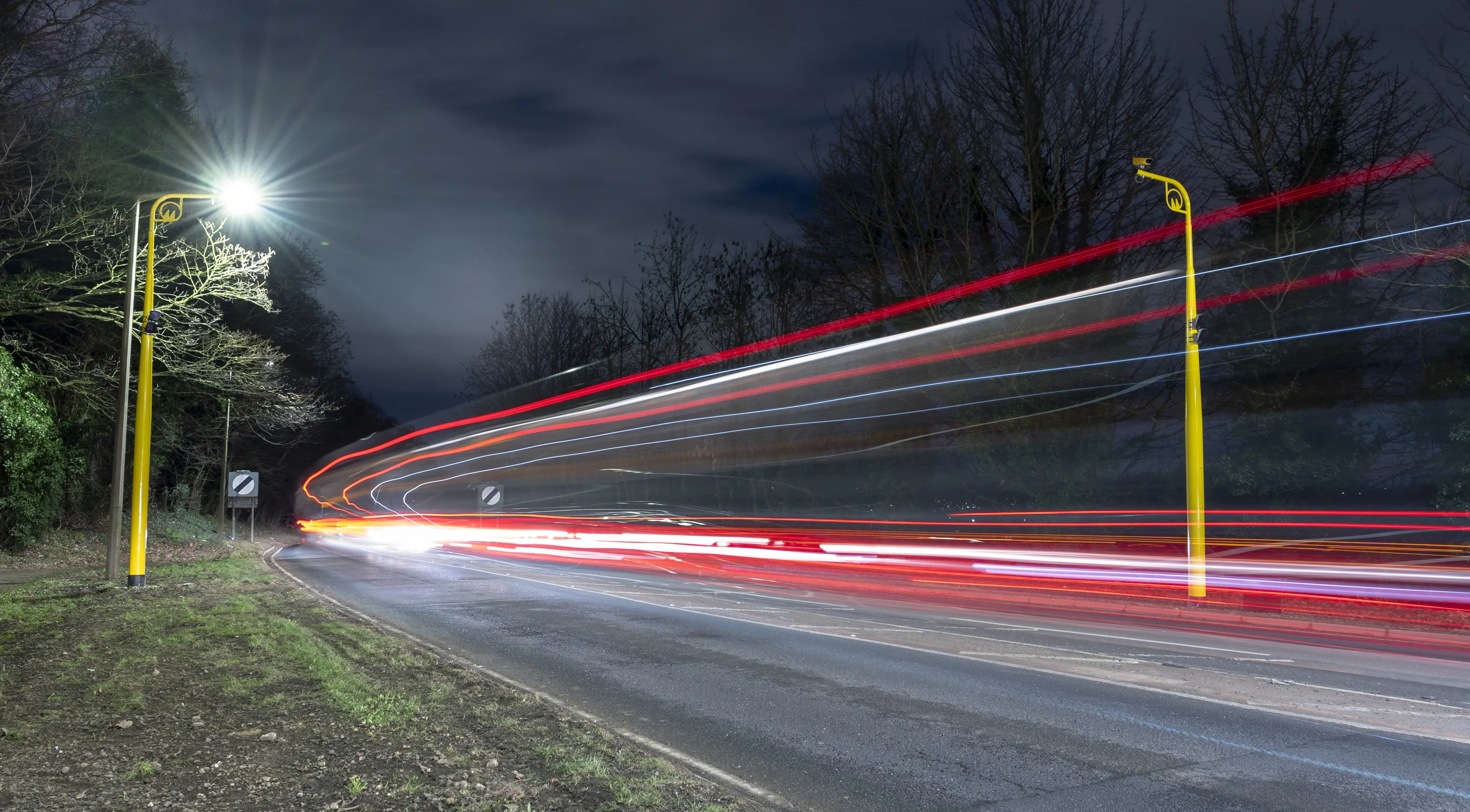Luxembourg's parliament has approved a law paving the way for the installation of 20 fixed and six mobile speed cameras along the Grand Duchy's roads.
The bill was accepted on Wednesday following a debate in which deputies were reminded that 35 people lost their lives on the country's roads in 2014 and 245 were seriously injured. Studies have shown that in nearly half of all fatal accidents in the country, lives could have been saved by reducing speed.
The law aims to target speeding hot spots which are often not easy to police because of their remote location.
The cost of purchasing the cameras and associated equipment is estimated at around US$1.9 million. This, along with the cost of a monitoring station where footage from the cameras will be analysed, brings the total bill to US$14 million. Maintenance is expected to cost around US$2 million per year, and the total annual cost of the project has been estimated at around US$7.7 million.
The bill was originally proposed in September 2014 by Infrastructure Minister François Bausch, when a study by INSEE, the French national statistics institute, indicated that the installation of fixed speed cameras in France had a significant impact on reducing road traffic accidents and deaths in areas where cameras were installed.
Luxembourg parliament gives the green light to speed cameras
Luxembourg's parliament has approved a law paving the way for the installation of 20 fixed and six mobile speed cameras along the Grand Duchy's roads. The bill was accepted on Wednesday following a debate in which deputies were reminded that 35 people lost their lives on the country's roads in 2014 and 245 were seriously injured. Studies have shown that in nearly half of all fatal accidents in the country, lives could have been saved by reducing speed.
July 10, 2015
Read time: 2 mins










